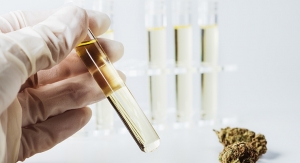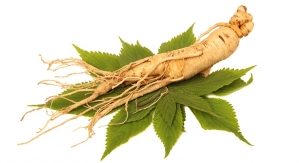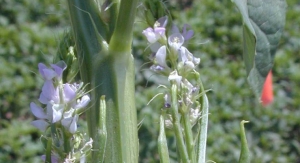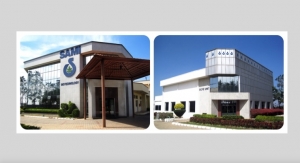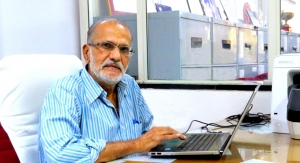08.19.19
Sabinsa’s four Sami Labs manufacturing sites in India were recently audited by the licensed Certification Body, Bureau Veritas Certification Holding SAS – UK branch, and achieved Foundation Food Safety System Certification 22000 (FSSC 22000). FSSC 22000 replaces the previous ISO 22000: 2005 - FSMS (Food Safety Management System) achieved by these Sami facilities until 2018.
“Although we have a number of country-specific certifications, harmonized standards certification is important because we sell our ingredients throughout the world,” said Sabinsa founder Dr. Muhammed Majeed. “And FSSC is appropriate, as our ingredients are increasingly used in functional food and beverage products, and in several countries herbal products are regulated as a class of foods.”
This FSSC 22000 certification for food safety management systems consists of the following elements: ISO 22000: 2005; ISO TS 22002-1:2009 Prerequisite programmes on food safety Part 1: Food manufacturing; and additional FSCC 22000 requirements V4.1. Sami’s certification at the Kunigal, Dobaspet, and Hyderabad sites is applicable to the scope of “manufacture of standardized herbal extracts, herbal extract intermediates, and dietary ingredients.” The Nelamangala certification is for “manufacturing of standardized herbal extracts and intermediates, production and packaging of probiotics and enzymes, and probiotic derived products.”
FSSC 22000 was developed in response to the international food sector’s need for a complete certification Scheme for the auditing and certification of Food Safety Management Systems (FSMS). It provides a trusted brand assurance platform to the consumer goods industry and ensures consumer trust in the supply of safe food and drinks. The FSSC 22000 certification program is managed by the Foundation for Food Safety Certification and the Scheme is supported by FoodDrink Europe (FDE) and the American Groceries Manufacturing Association (GMA). FSSC 22000 is fully recognized by the Global Food Safety Initiative (GFSI) and Accreditation Bodies around the world.
“Although we have a number of country-specific certifications, harmonized standards certification is important because we sell our ingredients throughout the world,” said Sabinsa founder Dr. Muhammed Majeed. “And FSSC is appropriate, as our ingredients are increasingly used in functional food and beverage products, and in several countries herbal products are regulated as a class of foods.”
This FSSC 22000 certification for food safety management systems consists of the following elements: ISO 22000: 2005; ISO TS 22002-1:2009 Prerequisite programmes on food safety Part 1: Food manufacturing; and additional FSCC 22000 requirements V4.1. Sami’s certification at the Kunigal, Dobaspet, and Hyderabad sites is applicable to the scope of “manufacture of standardized herbal extracts, herbal extract intermediates, and dietary ingredients.” The Nelamangala certification is for “manufacturing of standardized herbal extracts and intermediates, production and packaging of probiotics and enzymes, and probiotic derived products.”
FSSC 22000 was developed in response to the international food sector’s need for a complete certification Scheme for the auditing and certification of Food Safety Management Systems (FSMS). It provides a trusted brand assurance platform to the consumer goods industry and ensures consumer trust in the supply of safe food and drinks. The FSSC 22000 certification program is managed by the Foundation for Food Safety Certification and the Scheme is supported by FoodDrink Europe (FDE) and the American Groceries Manufacturing Association (GMA). FSSC 22000 is fully recognized by the Global Food Safety Initiative (GFSI) and Accreditation Bodies around the world.





